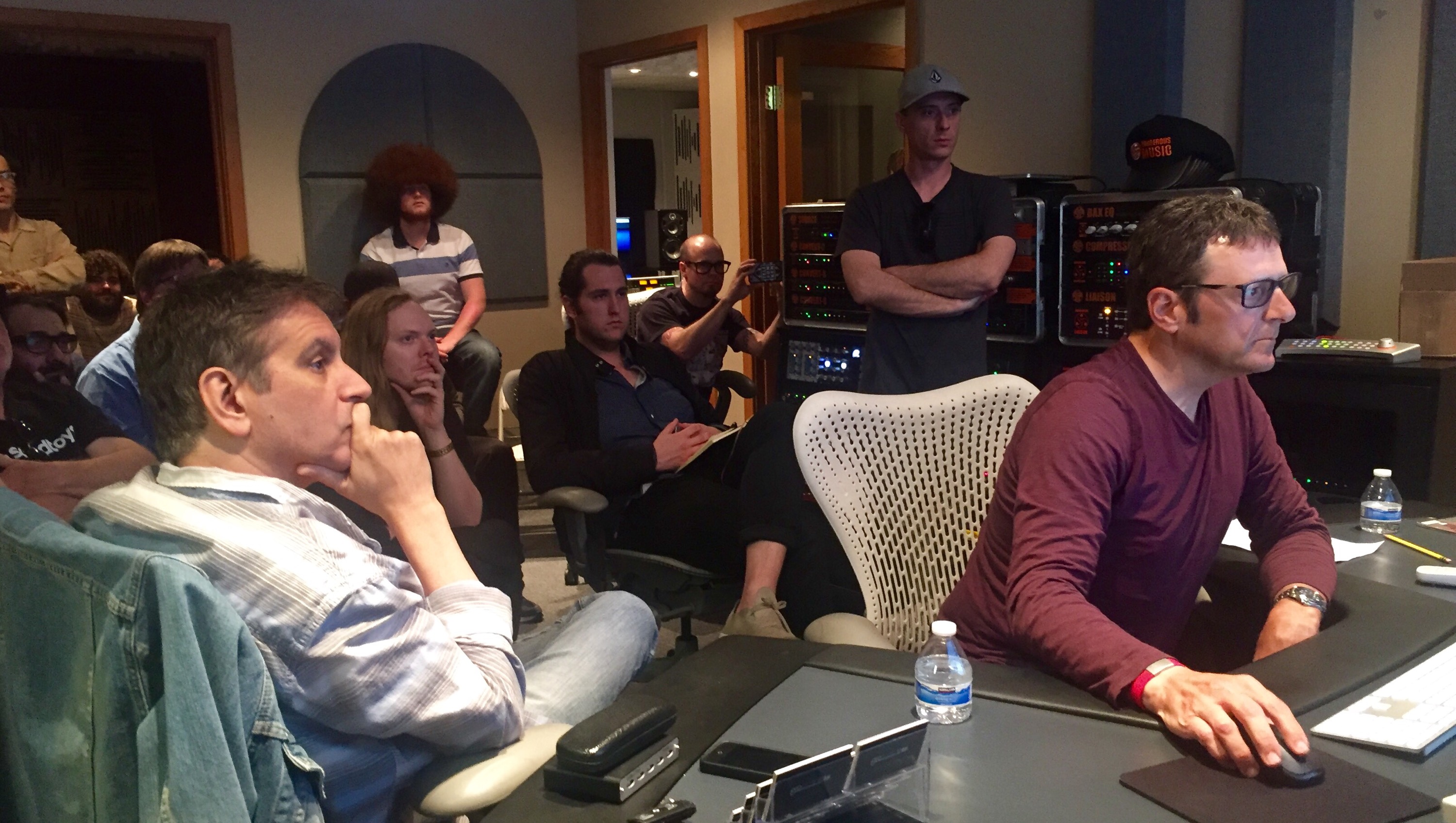
“That’s a great idea! We should do it. If only…”
When inspiration strikes, do you ever think you should make your idea a reality? Why don’t you make it happen? If only you had more time, more money or less stress…
Don’t worry–you’re not alone. Our first-world lifestyles are in many respects defined by the myriad responsibilities that compete for our life force. Most of us cannot afford to commit to a grand endeavor simply because of its inherent coolness factor, so we tend to factor ROI (return on investment) into our risk-based decisions. There is nothing wrong with that–it’s simply reality. But it is also a huge obstacle to self-realization, the fulfillment of one’s own potential.
While there are many strong reasons to not take action, some intrepid souls find a way to rise above the words “if only” and then do something terrific. They do it not for the money, but rather because it’s cool…and because they can.
I’m writing this blog post with the hope that it may inspire some of us to step outside our comfort zones and make something beautiful before our lives become even more complicated and our burdens even heavier. Whatever you choose to do, do it because you want to, not because you need a payday. Its manifestation should be its own reward. That way, you can’t lose. Plus, you just might win. Maybe win big.
Here’s a brief list of self-realized things that some of my friends are currently doing, just because they can.
Zoo Labs is a music and tech “incubator” founded by altruists/philanthropists Vinitha and Dave Watson. Their excellent two-week music residency at their state-of-the-art, in-house recording studio not only results in a record release, but also in “scaffolding” from which recording artists can launch their next career phase in a meaningful accelerated manner. The Watson crew has put together a team of forward thinking geniuses who provide highly relevant workshops along with a resident gourmet chef. Their ROI is not measured in dollars–it’s all about doing something special for the good of humanity.
Rob Chiarelli has approximately 100 Gold Records and 16 Grammy nominations on his discography. He works as a producer and/or mix engineer with superstar artists ranging from Christina Aguilera and Will Smith to Janet Jackson and Madonna. While Rob is in constant demand, he somehow manages to do things that are important to his family–and to up-and-coming recording professionals in need of guidance. Rob and I both believe in giving back (or paying forward), so we frequently team up to do workshops, seminars, master classes and Q&A sessions for music schools, pro audio retailers and manufacturers. We do it because we can, and because the act of service to others is a vital part of our spiritual and philosophical belief system.
The relationship of Walter Heath to his music is an excellent example of doing something because it is intrinsically cool. He was signed to a major label record deal in the early ’70s, and recorded a funky soulful album, You Know You’re Wrong Don’t Ya Brother, produced by L.A. session ace Louis Shelton, featuring the hottest studio cats of the era. Today Walter performs and records music with the express goal of inspiring himself and others to deepen their spirituality by setting Baha’i prayers, meditations and virtues to melodic tunes. Music weaves through his life like DNA through his body. I have seen firsthand how powerful a unifying tool his singing is as it draws together seemingly disparate cultural groups. Check out his tasty home-brewed CD from 2009, Praise His Name, for some nourishment for the soul.
The Invisible Man (Sam Martinez, Jaben Pennell and Tim Torgerson) is a Contemporary Christian band whose ministry takes it literally around the world, instruments in hand. The darlings of the 1998 EAT’M Festival, its members have since found a balance of secular and spiritual pursuits. Torgerson and Martinez are local-hero, working-class family men who enrich their communities with not only their musicality, but also their mentoring skills. Pennell juggles being a single father of two with his fulltime gig as a record producer and session musician. A human vortex of energy, he also teaches recording techniques and A/V courses at Judson University as an adjunct professor. Pennell founded Vibehouse Productions as a passion to serve indie artists outside the metropolitan Chicago area, but thanks to one of his records winning 2013 Golden Melody Awards (Chinese equivalent of Grammy) Album Of The Year, it turned into his bread and butter.
The underlying theme of these four examples is that they were all done without financial reward as a consideration. Therefore, they were done with a purity of purpose and, one might say, artistic integrity. Inspiration happened, and these folks sprung into action. They created their own unique musical versions of the Watts Towers: the creation may look crazy to an outside investor, but the artistic manifestation is its own reward. Just like a life well lived!





